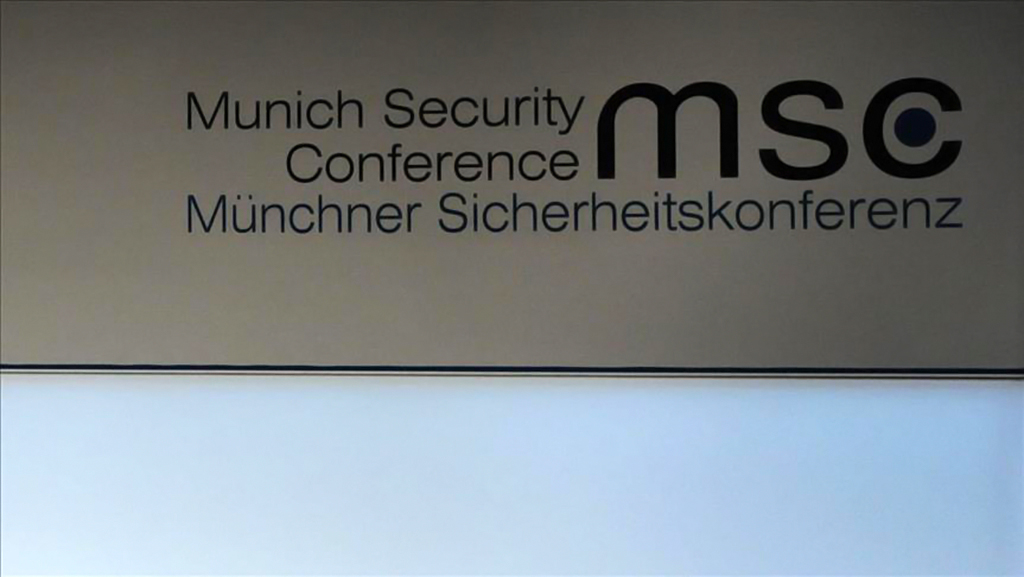The changing landscape of global security
The Munich Security Conference is an influential platform where global security trends are discussed every year by academics and policymakers.
More


Which European capital will follow Paris?
The spreading disorder in Europe has recently haunted France, putting the country's democracy to a huge test and alarming after EU states as well
More
President Erdoğan has called on Western powers to stop trying to negotiate new Sykes-Picot style agreements in the Middle East and North Africa, and urges them to support Turkey's fight against terrorism
The Trump administration's complete disregard for international institutions and norms, commitment to unilateralism, ability to weaponize economic sanctions, populism, selfish nationalism, willingness to transform immigration into a national security threat, and isolationism have been slowly changing Western democracies.
The killing of Jamal Khashoggi, a well-known Saudi journalist, an intellectual and a contributor to The Washington Post, will be remembered as a milestone for Saudi Middle Eastern policy.
Under the Trump administration, the United States will continue to ignore its global responsibilities.
Normalization and Merkel's uphill battle
Turkey and Germany need each other more than ever to address and manage common threats such as trade wars, migration issues and security strategies, to name but a few pressing issues
More


Macron's proposal fails to set positive agenda for Turkey-EU relations
By making this new proposal, Macron's goal is to prevent Russian pressure on Europe and keep Turkey in the EU's corner without granting the Turks full membership
More
There was a time when you could have called Turkey's relationship with the U.S. a "strategic partnership."
For the past five years, the Western media has engaged in an endless "discussion" on Turkey.
The Trump administration's policy of economic selfishness doesn't just make the U.S. look like a vulgar and isolated superpower, but at the same time encourages the world's leading economies to work more closely together
Turkey has been under an economic attack since last week when the United Stated imposed sanctions on two Turkish ministers following the arrest of evangelical pastor Andrew Brunson.
President Recep Tayyip Erdoğan's participation in the BRICS summit in Johannesburg, South Africa last week was significant for Turkey's search for a new direction.
The ongoing rift between the U.S. and the EU countries in NATO hints at the slow collapse of the Western alliance
The main opposition party's presidential candidate Muharrem İnce is not acting like a traditional CHP candidate but acts within the context of Turkey's changing sociology, imitating those in power
Turkey has been consistently improving bilateral ties with countries like the U.K. and yet opposition political figures desperately complain to foreign governments about the current government instead of reaching out to their own people
Allies are quickly losing faith in Washington's erratic foreign policy decisions and confidence in its leadership is rapidly diminishing
French President Emmanuel Macron paid an official visit to Washington to meet his American counterpart Donald Trump.
France, one of the two founding partners of the EU, lagged behind Germany in the past several years due to problems in its economy, but domestic politics is trying to strengthen its diplomatic posture with its young and visionary president.
Western political elites have developed three opinions about Islam and Muslims, which I will try to describe briefly here. The first and the most popular Western perception is anti-Islamism.
Turkey's expectations from Germany are very clear: To support Turkey in its fight against terrorism, and to end its support to the terror groups fighting against Turkey. Let us leave aside the Revolutionary People's Liberation Party-Front (DHKP-C) and even the Gülenist Terror Group (FETÖ) and speak only of the PKK.

















